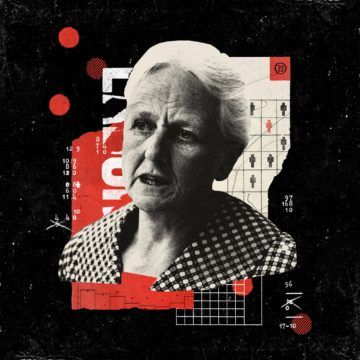 Zachary D. Carter in the New York Times:
Zachary D. Carter in the New York Times:
When Joan Robinson arrived at Cambridge University in 1929, nobody expected her to become one of the most important economists of the 20th century — let alone the 21st. She had spent the past three of her nearly 26 years in India, where she lived without professional responsibilities while her husband, Austin, an economist six years her senior, tutored a child maharajah. When Austin returned to Britain to join the Cambridge economics faculty, Joan, who had studied the subject as an undergraduate, felt her own ambitions kindled. But she had entered an environment hostile to women.
For 40 years, economics at Cambridge had been dominated by Alfred Marshall, whose intellectual achievements were rivaled only by his misogyny. He’d married Mary Paley, the first woman to lecture in economics at the university, and then promptly destroyed her career, pulling her book out of print. Marshall, a frustrated Robinson noted, treated his wife as a “housekeeper and a secretary.”
But Robinson would avenge her most emphatically. She would go on to devise a new theory that upended Marshall’s intellectual legacy, radically altering our understanding of the relationship between competition and labor power. Now those ideological innovations are shaping the revived debate over antitrust reform.
More here.
